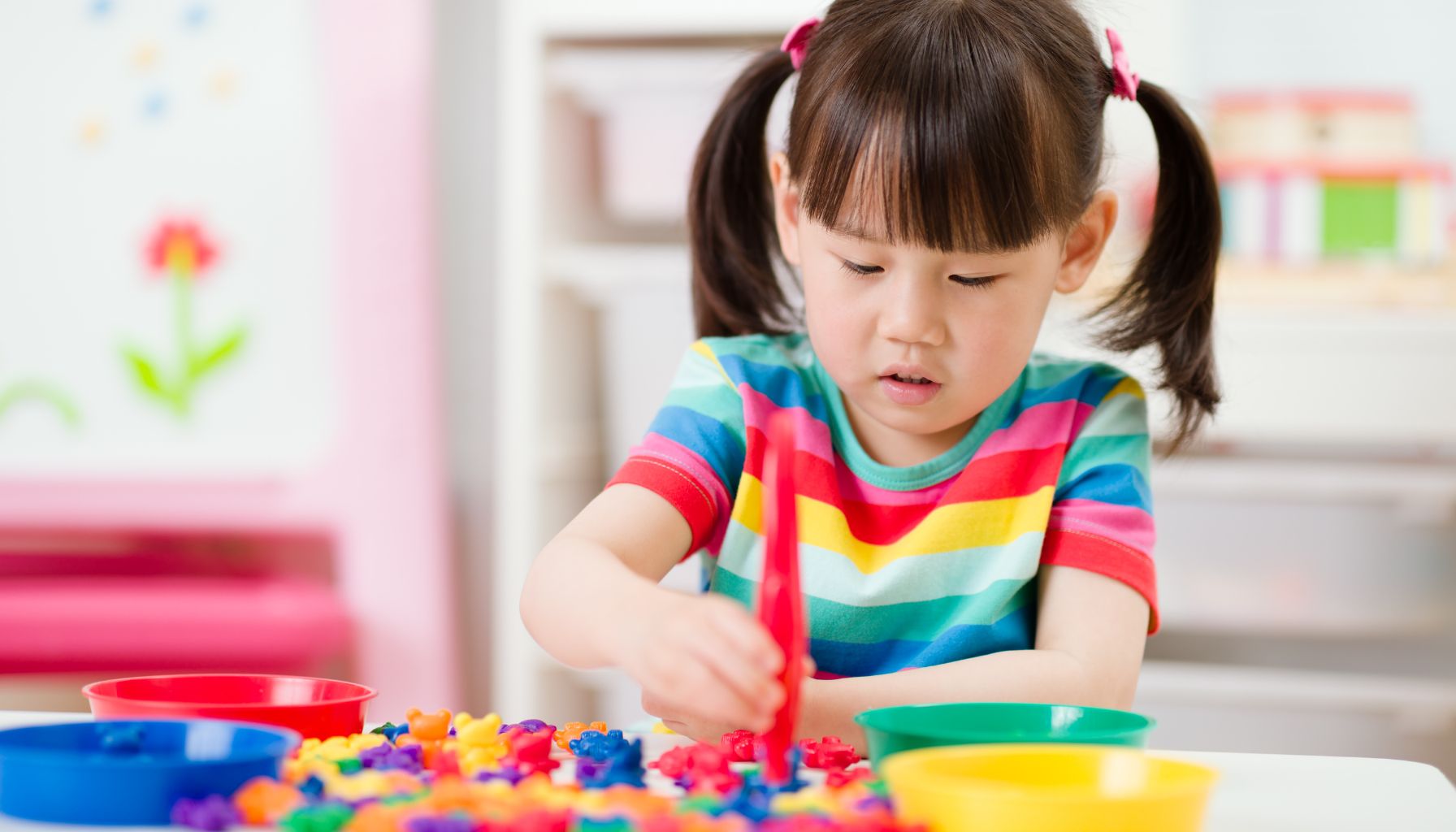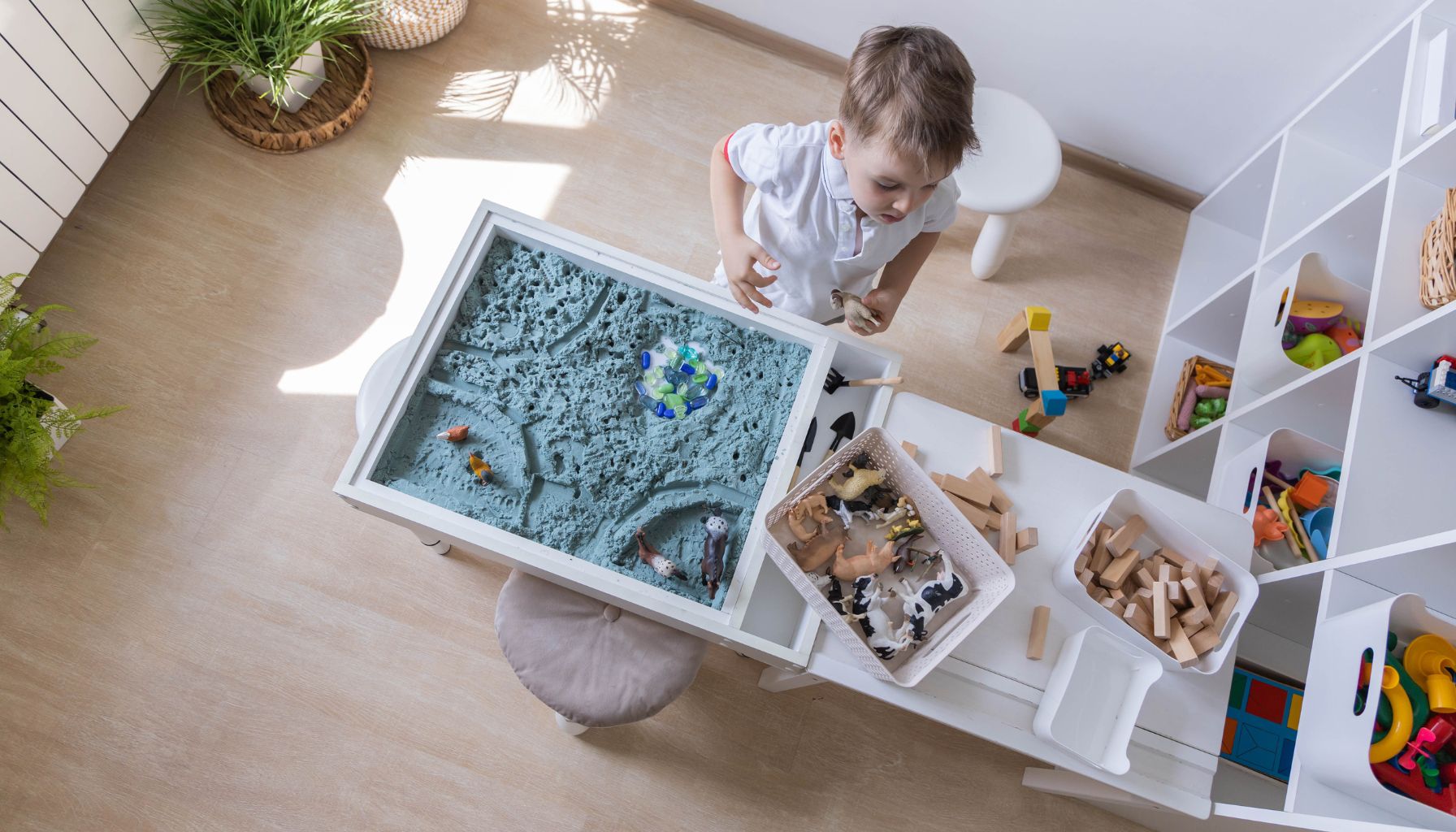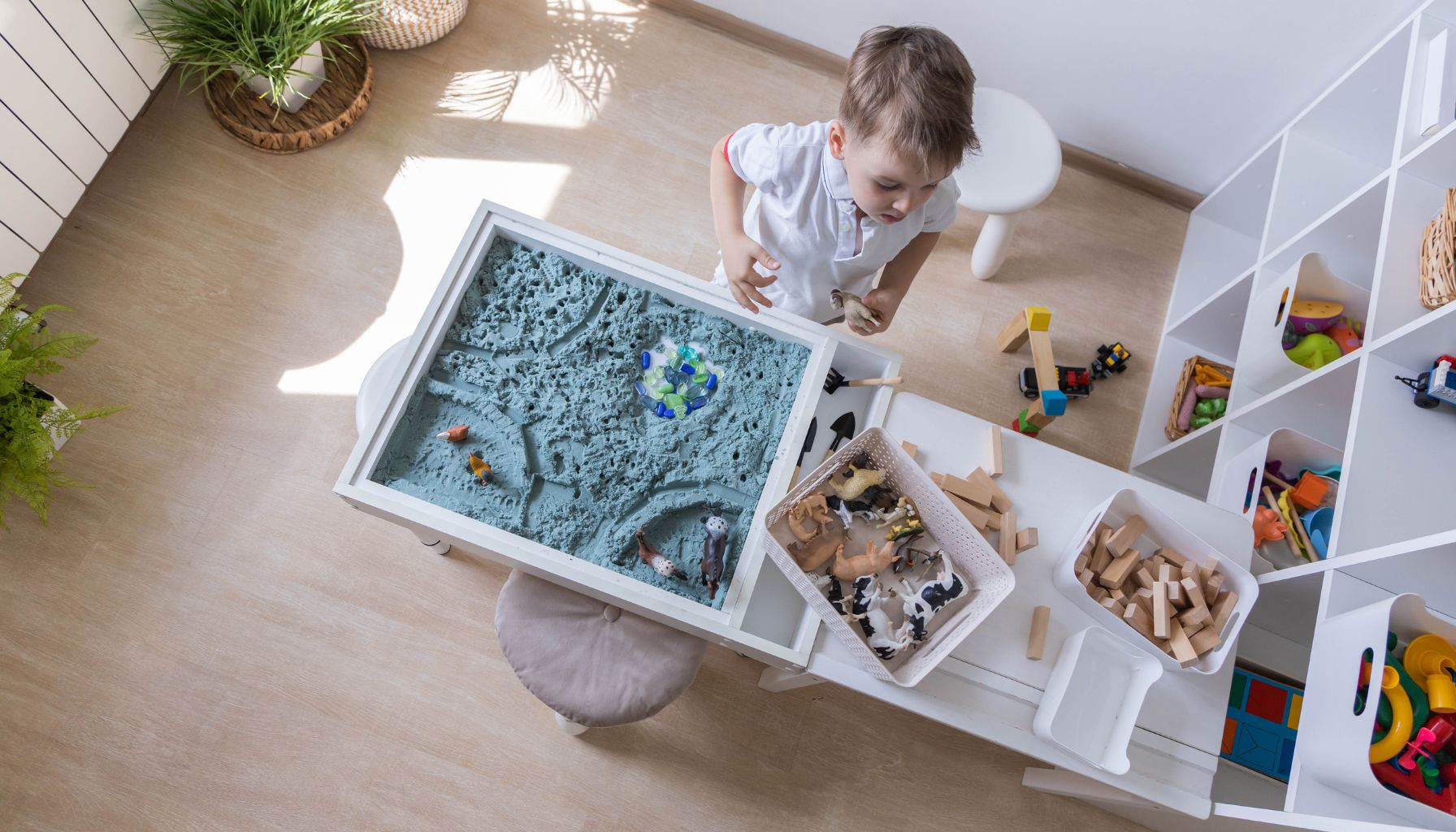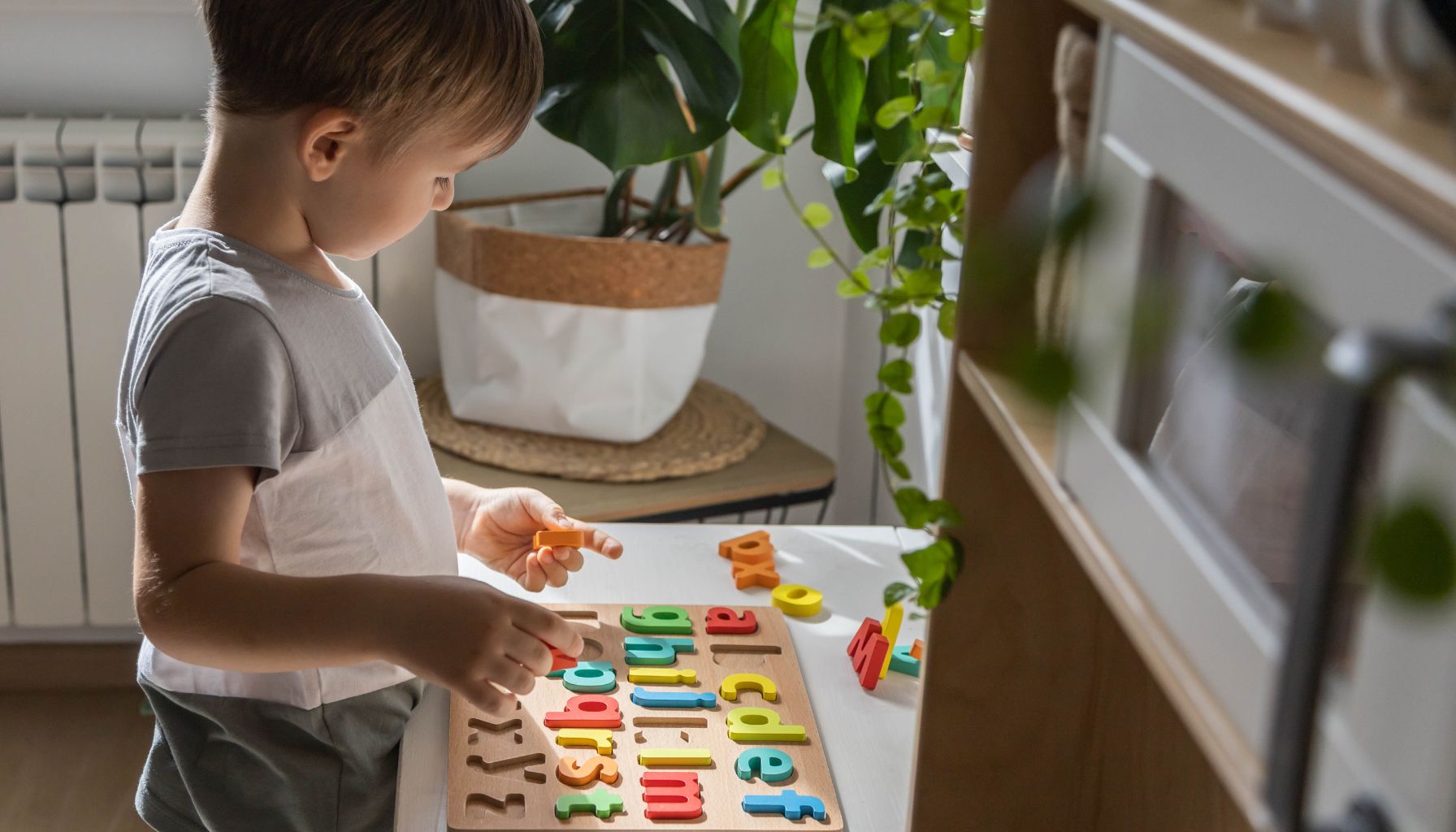Emphasising the importance of play-based learning in early childhood development, this approach offers a wide range of benefits in nurturing creativity, social skills, and cognitive growth among young learners. For parents seeking effective methods to captivate their children in purposeful play, it becomes essential to grasp the art of incorporating play-based learning into the home environment. This article will provide valuable insights on integrating play-based learning into daily routines, with input from Gold Star Education, a highly respected educational facility in Jakarta known for its support of innovative learning methods.
1. Understanding the Fundamentals of Play-Based Learning

Play-based learning is centered on the concept that children thrive when they engage in play. This educational approach emphasises the use of play to foster learning, allowing children to actively explore, experiment, and uncover the wonders of the world in a natural and captivating manner. In order to successfully implement this at home, parents should have a solid understanding of the fundamental principles of play-based learning:
- Encourage a child-centered approach by giving children the freedom to take charge of their own play experiences. This independence fosters the development of their ability to make decisions and solve problems.
- When it comes to play, parents have the opportunity to incorporate educational goals such as counting, colour recognition, and expanding vocabulary in a clever and effective way.
- Establish a secure environment within your home that allows children to freely engage in play without unnecessary limitations. This area should be filled with materials that encourage imagination and curiosity, such as building blocks, art supplies, and toys suitable for the child’s age.
2. Building a Stimulating Play Environment in Your Own Home

An environment that fosters a child’s natural curiosity is crucial for promoting play-based learning. Parents have the opportunity to elevate their home environment by:
- Offering a diverse selection of materials to engage children in various forms of play. This can include physical toys, books, puzzles, and items that foster imagination, such as costumes or everyday household objects that can be repurposed for pretend play.
- Rotating toys regularly to maintain a fresh and engaging play environment. This ensures that the child remains engaged and constantly stimulated.
- Doing outdoor play. It is highly recommended to maximise play opportunities by taking them outside whenever feasible. Engaging in activities such as playing in a sandbox, exploring a park, or even a backyard can greatly enhance a child’s sensory development and foster a deep appreciation for nature.
3. Incorporating Play-Based Learning into Everyday Activities

To incorporate play-based learning into a child’s daily routine, parents can:
- Transform your daily routines such as mealtime, bath time, or shopping into enjoyable and educational experiences. Take, for instance, keeping track of the number of fruits in a shopping cart or recognising different colours and shapes when getting dressed.
- Schedule play times for your child. While it’s important to embrace spontaneity in play, setting aside dedicated times for play can help prevent busy family schedules from overshadowing this important activity.
- Engage in fun and interactive play activities together as a family. Not only does this enhance the child’s learning experience, but it also fosters the development of their social and emotional skills through meaningful interaction.
Read also: 4 Everyday Activities into Learning Opportunities During School Holidays
Gold Star Education: Elevating Play-Based Learning
At Gold Star Education in Jakarta, we recognise the significance of incorporating play into a child’s early development. Our programs are carefully crafted to enhance at-home learning by offering well-organised and enjoyable learning environments. Here, children can delve deeper into their studies and interact with their peers while receiving expert guidance. Our educators are skilled in applying the principles of play-based learning to create structured learning scenarios, providing a comprehensive approach to your child’s education.
Implementing play-based learning at home requires a thoughtful approach beyond simply offering toys and unstructured time. It demands a clever strategy where play is strategically utilised to boost learning while maintaining a sense of enjoyment and captivation for the child. By implementing these effective strategies, parents can establish an enriching atmosphere that fosters not just academic abilities, but also encourages critical thinking, problem-solving, and social-emotional growth. Thanks to educational centres such as Gold Star Education, parents can have peace of mind knowing that they are providing their children with a comprehensive and engaging educational foundation.






0 responses on "Best Practices for Parents in Implementing Play-Based Learning at Home"